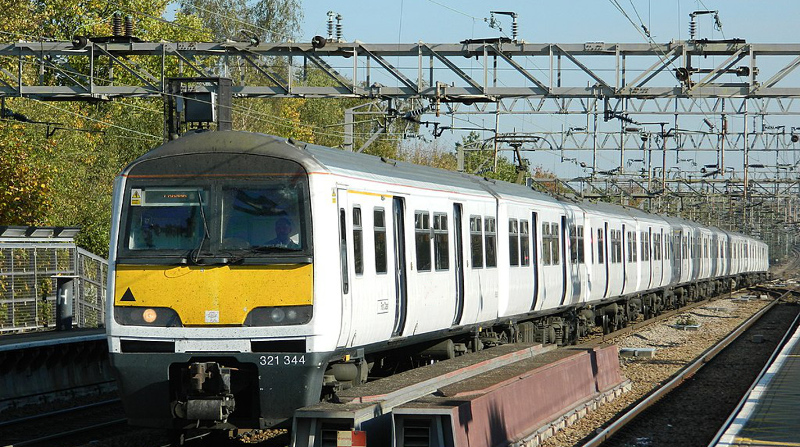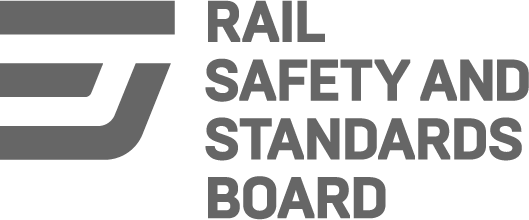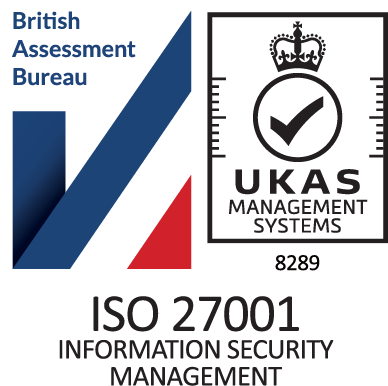
Recently launched Varamis Rail has created the UK’s first 100% zero-emissions rail logistics operation
The pandemic has seen many of us staying at home, which has resulted in a dramatic increase in demand for online shopping and delivery services of parcels and light goods.
The UK parcels industry is intrinsically connected to a road-based network and a last-mile delivery system that integrates around local operators.
Varamis Rail is taking advantage of existing rail-connected mail facilities built in the 1990s, which are currently not used or under-utilised. This makes use of existing infrastructure and also generates another revenue stream into the railway to supplement the decrease in passenger transport over the last 2 years.
To maintain its green credentials, Varamis Rail has looked to AssessTech for electronic competence management, providing them with a fully paperless approach.




